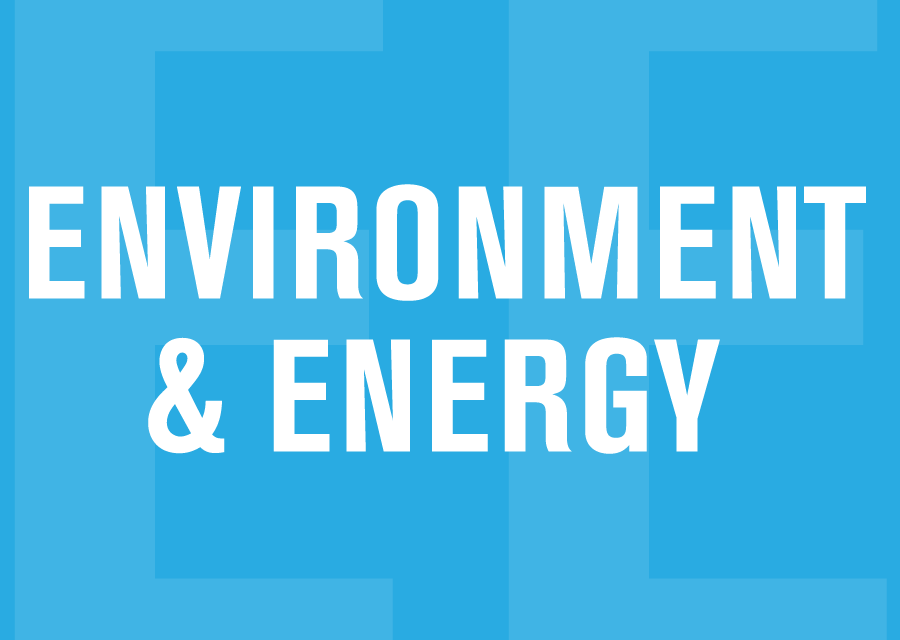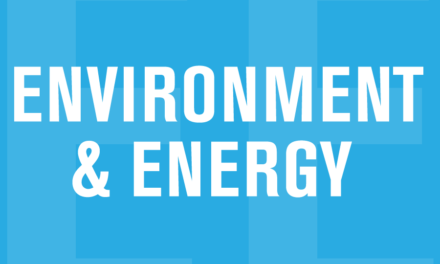One newspaper report described as “terse” TransCanada’s announcement cancelling construction of the Energy East Pipeline. And indeed it was.
“After careful review of changed circumstances,” declared TransCanada’s CEO, “we will be informing the National Energy Board that we will no longer be proceeding with our Energy East and Eastern Mainline applications.”
He offered no elaboration for the decision, but didn’t need to. With that cue, others were ready to provide their own particular amplification. Pipeline opponents – including environmentalists, some First Nations, and the Mayor of Montreal, Denis Coderre – celebrated, with Coderre calling the decision a “a great victory.”
In the polarized politics of pipelines, great victories must be matched with great defeats. Brad Wall, the outgoing Premier of Saskatchewan, foresaw a threat to the federation, predicting that some the decision “may well have some westerners wondering if this country really values western Canada.” He also played a familiar tune, questioning the right of politicians in an equalization-receiving province to oppose a pipeline carrying oil from a non-receiving one.
Wall, like the Conservative official opposition tried to blame the whole thing on Justin Trudeau. They chastised the PM both for what he did – his government’s feeble attempts to rein in greenhouse gas emissions – and for what he didn’t do – champion Energy East.
The latter criticism was probably closer to the mark. The Liberals were quick to go passive and push the notion that market conditions – principally the drop in the price of oil, U.S. approval of TransCanada’s Keystone XL line and the Liberals’ sanctioning of two other lines – were responsible for the cancellation. (University of Alberta’s Andrew Leach has a detailed discussion in the Globe and Mail of the impact of the Keystone approval on Energy East).
Markets dictated
Resources minister Jim Carr downplayed the significance of the NEB’s late summer announcement that its decision on TransCanada would take into account the effect of meeting GHG emission targets on the pipeline’s future viability. Friends of the pipeline fumed about that, but Carr claimed that getting the NEB involved was a matter of transparency.
According to the Minister, the Liberals had made clear on taking office they would assess pipelines and other major projects for their climate change impacts, and had done so before approving Trans-Mountain and the Enbridge Line 3. Said Carr: “The new wrinkle is that the NEB would conduct the review as part of its hearing process.”
It is a sad fact that when it comes to regional grievance, nothing fires up our media and politicos like oil and gas issues.
That rationalization may sound too clever by half, but overall it’s hard to knock down the market conditions argument. Even Rachel Notley, faced with claims by Brian Jean, the once (and possibly future) leader of the opposition, that TransCanada’s decision amounted to a “declaration of war against Alberta by other provinces,” seemed to accept part of the market argument. Her statement of disappointment acknowledged that the decision was driven by a broad range of factors.
One factor that received scant coverage was outlined in the Globe and Mail by Benjamin Dachis of the business-friendly C.D. Howe Institute. He argued that because of a recent NEB pricing decision on natural gas shipments TransCanada no longer needs to pursue Energy East. The project was hatched largely to use pipeline capacity created by a drop in natural gas shipments to Ontario. With TransCanada’s recent approval for a new lower price, it can fill that capacity with natural gas and no longer needs to convert the pipeline to carry oil.
If Benjamin Dachis is right, it’s one more reason to lower the political heat and finger pointing. Unfortunately, that is not likely to happen anytime soon. Conservative provincial politicians in Alberta and Saskatchewan will ignore inconvenient facts and fan the flames, as will the federal Conservative Party. Despite environmentalists’ claims of victory, it doesn’t look like the demise of Energy East moves the country any closer to finding consensus on a realistic plan for sharply reducing GHG emissions.
Regional impacts
On early returns, the Energy East diehards and blame throwers will find some supporters in this region. It is a sad fact that when it comes to regional grievance, nothing fires up our media and politicos like oil and gas issues. Gouge us on equalization, fleece us on health transfers or abandon regional development and there’s barely a complaint. But don’t mess with our dreams of wealth from fossil fuels.
In the 1970s and 1980s Newfoundland and Nova Scotia were at war with Trudeau the First over offshore oil and gas royalties. In the 2000s the same two provinces clashed with both Liberal and Conservative federal governments over the effect of those royalties on equalization. Now it’s New Brunswick’s turn to cry.
That province has gone all in on Energy East since it was first proposed four years ago, craving both the short term economic boost that would come from its construction and ongoing increased activity at the port of Saint John. Premier Gallant, in deference to his federal Liberal patrons, was restrained in his response. But the editorial reaction of the Irving-owned newspapers was ballistic. The Telegraph Journal even raised the notion of secession, declaring: “It is time to stop playing nice and make clear to the federation that our continued membership depends on fairness, starting with support for projects that will aid in the free exchange of goods.”
Of course, Irving Oil was a partner in the Energy East project, expected to refine some of the pipeline-delivered oil, while exporting the bulk of it through a new terminal. Although the hyperbolic Telegraph-Journal envisioned Energy East “making us a wealthy, self-sustaining province again” the proposed terminal was in fact a relatively modest $300 million investment, employing no more than 50 people in hard-pressed Saint John.
Unlike New Brunswick, Nova Scotia had nothing – however modest – to gain from the pipeline and would have shared with New Brunswick the environmental risk of significantly increased tanker traffic in the Bay of Fundy and Gulf of Maine. Nevertheless, some past and present Nova Scotia politicians lamented the lost opportunity for a pipeline extension linking the Maritimes to the national grid.
And while refraining from separatist talk, the Chronicle-Herald’s editorialist exhibited the same regretful tone, complaining that in the eyes of the federal Liberals Atlantic Canada is “At the bottom. Where it’s OK to be the only region not connected to the national pipeline… left to get its oil from such bastions of political stability and climate enlightenment as Venezuela, Saudi Arabia and Nigeria.”
There is a two-word response to such concern. Offshore Newfoundland.
If it is so vital to the region’s interest to use Canadian oil, maybe we should encourage Irving and any other refiners selling into the Maritimes to purchase and refine the stuff from Newfoundland instead of those other awful places. Getting Irving to do that may not be as straightforward as it sounds. But it seems like a better plan than the expenditure of almost $16 billion so that we can hook up to the delivery system for a product we must drastically cut down on if we are going to survive.
Moving on
In the short term, some good may come from the Energy East flare up and the politics around it. The 32-strong Atlantic Liberal contingent elected in 2015 was not likely to survive intact after the next election two years from now. But the pipeline, the small business tax reforms and the lousy health deal alone point toward more than just a return to political equilibrium going into 2019. It may become open season on the seats of Liberal MPs in the region.
That means we should see some attempts at fence mending in the months ahead. Let’s just hope those efforts consist of more than photo ops like this week’s pro-forma superclusters announcement, and do not include a full retreat on tax reform. Given their shifty record on the health file it may be wishful thinking, but a better place to go would be a fairer formula for health transfers, one that recognizes the special needs of provinces with older populations.
-30-





